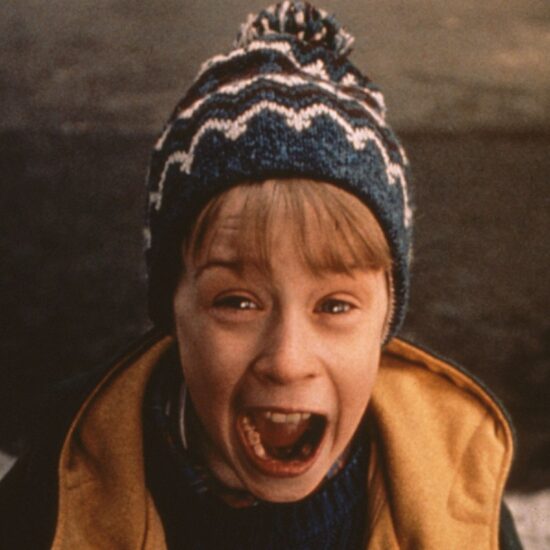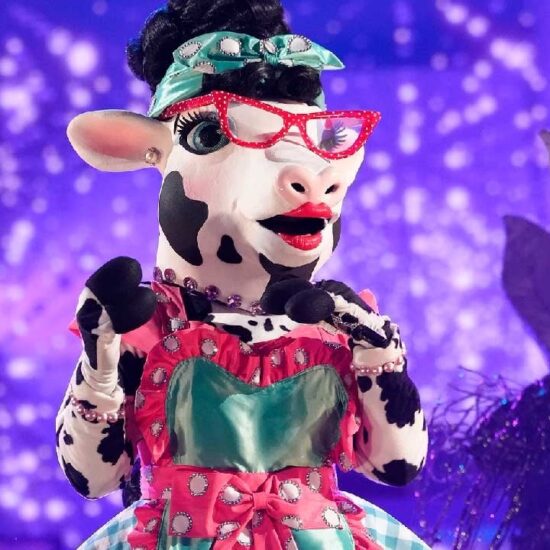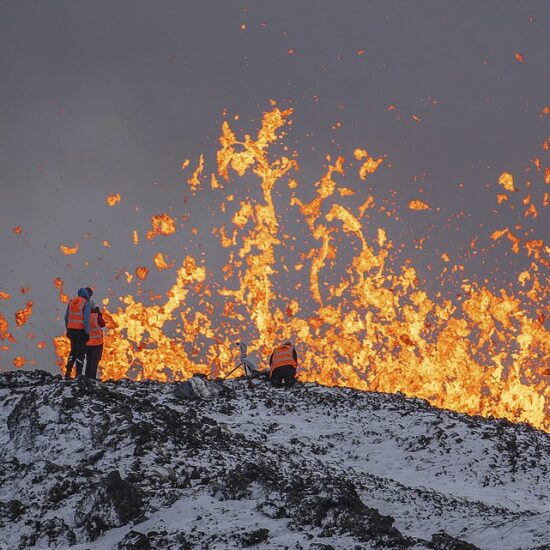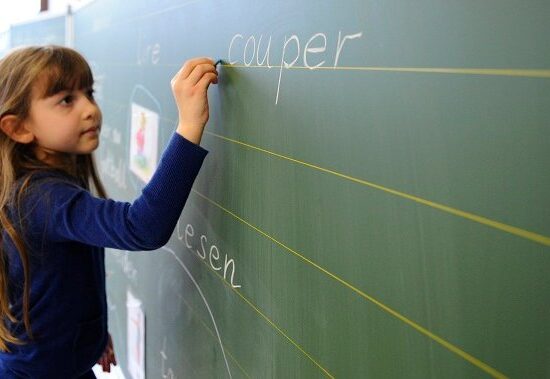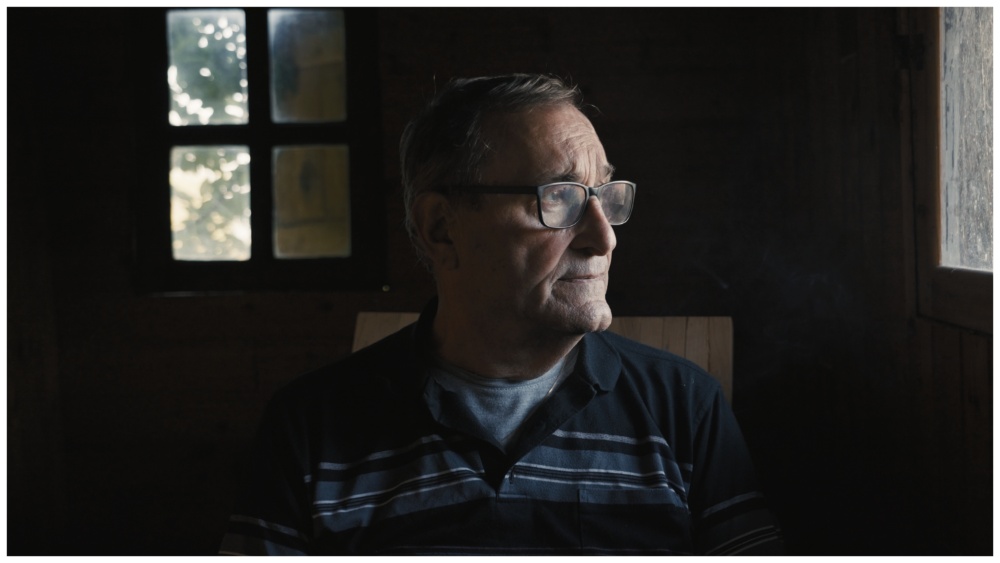
An important film: there are no other words to describe “The Lost Boys of Mercury” (Les Oubliés de la Belle Étoile), the second documentary feature by French director Clémence Davigo, which is in competition at Visions du Réel, in Nyon, Switzerland.
Important because it reveals a tragedy hidden for more than half a century: that of the children under the care of the French social services in the 1950s, 1960s and 1970s placed in the La Belle Étoile Catholic correctional center in the mountain village of Mercury, Savoie. There, for three decades, hundreds of them were mistreated, humiliated, starved, beaten, tortured with thumbtacks stuck under their nails, and some were sexually abused.
The film offers the first form of recognition to those who lived through hell there, by allowing them to be heard at last.
The research work carried out by the director, who travelled all over France to gather the words of former residents, has had an impact already: an official investigation is underway.
“The bishop to whom the protagonists speak in the film reported the matter to the prosecutor. But we shot in 2021 and, for the moment, nothing has happened,” Davigo tells Variety. “Before the premiere, I showed the film to the listening cell of the Catholic Church that is pictured in the film. Their reactions were positive and they want things to move forward. That was not the case of people named in the film who pressured me into removing parts of it and threatened to sue me.”
After the world premiere at Visions du Réel of “The Lost Boys of Mercury,” acquired by Andana Films, the main protagonists Dédé, Daniel, André and Michel, and the director received a standing ovation.
“It’s a really good documentary that recounts the terrible moments we experienced as children,” Pierre Ferrara, one of the protagonists, told Variety after the screening. “We had to get it all out.”
Davigo met one of the main protagonists, Dédé, 10 years ago, during the shooting of “Enfermés mais vivants,” her first documentary, about a former prison in Lyon, where he had spent years incarcerated. “In the end, Dédé didn’t fit into the story because I had refocused it on a couple. But when he told me how, at the age of 9, he had been locked up in La Belle Étoile, I was overwhelmed and thought this might be another story to tell.”
He then introduced her to other former residents at one of the gatherings they organize once or twice a year, close to the premises, in Mercury, since reconnecting through social networks.
“Imprisonment and justice are issues that have always been important to me, but it is above all the encounters with people who have fought for their freedom, to stay alive, and for it to never happen again, that made me want to make films. Maybe this is my way of fighting,” Davigo says.
Looking for a way to structure the narrative of the film, whose budget was around 150,000 euros, Davigo decided to recreate the environment of their meetings in a place where they could interact: “Because it were these shared moments that had first allowed them to free their speech.”
The shoot finally took place right in front of Mercury, in a house lent by a former child of the village.
To sublimate this film of words, the director put huge care in the images and music. “I wanted a cinematic aesthetic and the protagonists to be beautiful. What surprises me with them, is that they always seem to be at the border between childhood and old age. I wonder if you can become a full adult when you have been robbed of your childhood? The cinematographer captured this idea by paying particular attention to their body language, eyes, walk.”
Their interactions were also beautifully filmed, notably during the big meals they share. “Michel always cooks a lot. He wants to make sure everybody gets enough food,” Davigo says. “You can still see the trauma of their years of starvation at Mercury. They even told me of a former resident who has seven freezers in his house! Michel, himself, was a cook in a school canteen. He fed children all his life.”
Having built a relationship of trust with the director, the men were eager to tell their story. In one heart-breaking scene, the speech was freed even more: After Pierre recalls how he witnessed a priest abusing the smallest children at nights, Daniel reveals he was one of them. “I was prepared to take in those words, given the nature of the place they had been locked up,” Davigo says. “But still we were all shaken.”
Some 140 hours of rushes and 20 weeks in the editing room were necessary to put together this masterful 106-minute documentary, first planned to run for 52 minutes. “And yet, not a tenth of what they went through could make it in the film. The whole team felt a huge responsibility to be up to the task for these men who had the courage to speak up. The ball is now in the Catholic Church’s court,” Davigo says.









